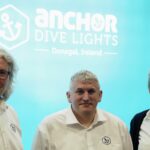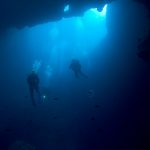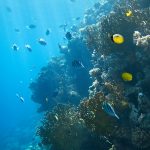Duikvaker news
REEFolution; a revolution in coral and fish production
The REEFolution foundation has been established and will build and restore coral reefs with local fishermen in Africa. This creates a revolutionary bridge between fishermen on the one hand and conservationists and diving tourism on the other. The common goal is more coral reef and more fish for everyone.
That more coral also means more fish is a natural fact for recreational divers. They see with their own eyes how healthy coral reefs are synonymous with fish, … a lot of fish. They also see that a coral reef offers protection to the adult fish and their young. Unfortunately, that you have to be careful with that is far from logic for every local fisherman. Many places in Africa and Asia are still fishing with dynamite. All fish will then die and all other life including coral reef will be destroyed. Fishermen use nets with too small meshes and undersized fish are not thrown back. After all, you can't come home without fish if you have to feed the kids at home.
Sustainable coral reef management
The REEFolution foundation will contribute to securing the most important sources of income for residents of coastal areas near coral reefs, fishing and tourism in the longer term. To make local fishermen more aware of their importance for healthy coral reefs, fishermen are offered a short training course (including diving training and training on management of fish stocks and other natural resources). This can be followed by a job as a coral breeder. This provides them with alternative income in the short term. With the help of these fishermen and others involved, existing reefs will be restored and new reefs built. In the long term, REEFolution Foundation strives for sustainable management and use of these reefs, by both divers and fishermen.
Project partner Wageningen University
Wageningen University & Research (WUR) plays a very important role as a project partner of the REEFolution Foundation. Coral researcher Ronald Osinga and a team of students are working at the project locations not only on optimizing the breeding process, but also on revolutionary ideas for structurally improving coral and fish production in third world countries. Socio-cultural aspects will also have to be studied to find out how the local population can ultimately better manage its coral reefs and fish stocks themselves. In this project, the local population, conservationists and tourism have one common interest.
Coral farming started in Kenya
REEFolution started a first project in the south of Kenya last year. Since August, various types of coral have been cultivated at various locations in the sea. These locations are in and near the Kisite Marine Park near the Tanzanian border. The base is diving center Pilli Pipa in the small fishing village of Shimoni. This place is located about halfway up an elongated coastal reef that stretches along much of the East African coast beyond Tanzania southwards into Mozambique. After the Great Barrier Reef in Australia, this is the longest coral reef in the world. In a country like Tanzania, nature conservation and diving tourism is much less developed than in Kenya. Perhaps that is precisely why dynamite is still fished there on a daily basis. REEFolution also hopes to start up projects in Tanzania and other countries in the future.
The board of the foundation works selflessly. To finance the projects that the foundation supports, conservation funds, the tourism industry, the diving world and all people who want to help the local population and nature to create healthy coral reefs and produce more fish will be called upon.
www.reefolution.org (preliminary info, website launch is planned the week before Duikvaker)
For more information and to sign up for the biannual newsletter:
info@REEFolution.org
Share this message
Tips to read about Duikvaker
This year Anchor Dive Lights (Ireland) will again participate in Duikvaker. Representing this year by Marjolein van Laere and Frans de Pater of Anchor Diving BV Anchor Dive Lights designs high-quality, modular dive lights in refreshing colors for the amateur and professional diver. In addition to the extensive range of diving, photo and video lamps, there is also…
read moreA whole day dedicated to vlogging on Duikvaker with useful tips, assistance with editing and presentation. Are you in? On Saturday 3 and Sunday 4 February, DuikeninBeeld and Duikvaker invite divers to come vlogging. A one day workshop at the best diving event of the year! Programme: 10:00…
read moreDivespotter is the new platform that the NOB launched last December. It's the place to find inspiration for your next dive, including hundreds of articles from Onderwatersport Magazine. Divespotter focuses on twelve themes: think of underwater biology and wreck diving, but also equipment, technical diving and foreign diving travel destinations.…
read moreMalta, a diving destination suitable for all types of divers who love adventure! Diving around Malta and Gozo is nothing short of fantastic as visibility is very good (sometimes up to 40m!) and there are spectacular drop-offs. It is a good destination for underwater photography and lovers of cave and wreck diving can also…
read moreDuring Duikvaker on 3 and 4 February 2018, there will be plenty of attention for the underwater world. After all, it is indispensable for every diver! You can dive wherever there is water! But as divers we prefer to put our heads under water in a place where it is beautiful, where there is life and where there is something to experience…
read moreInformation Duikvaker 2023
Opening hours
February 1, 2025 from 10am - 6pm
February 2, 2025 from 10am - 5pm
Location
Expo Houten
Meidoornkade 24
3992 AE Houten
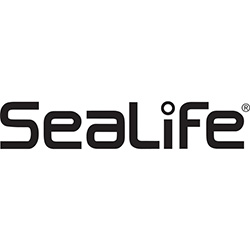
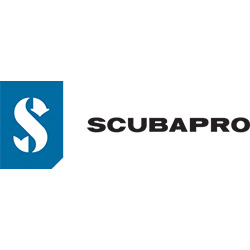
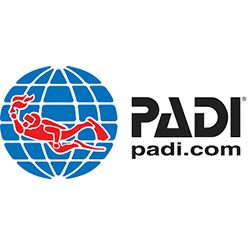
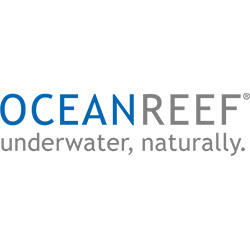
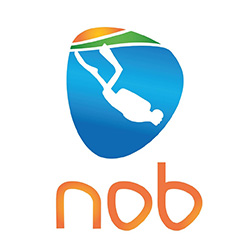
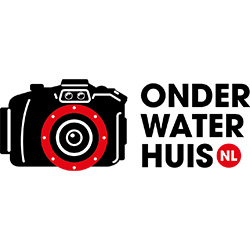
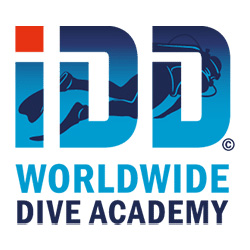

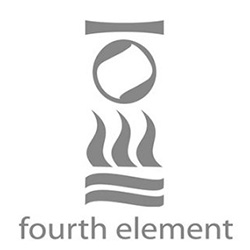
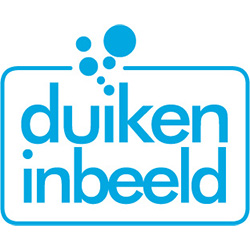
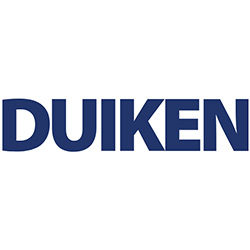
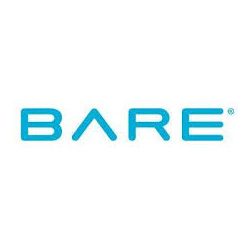
Duikvaker is organized by The Exhibition Company
info@exhibitioncompany.nl • www.exhibitioncompany.nl
IBAN: NL77 RABO 0341 4557 41 • Chamber of Commerce: Utrecht 30122269 • VAT: 803128046B01

